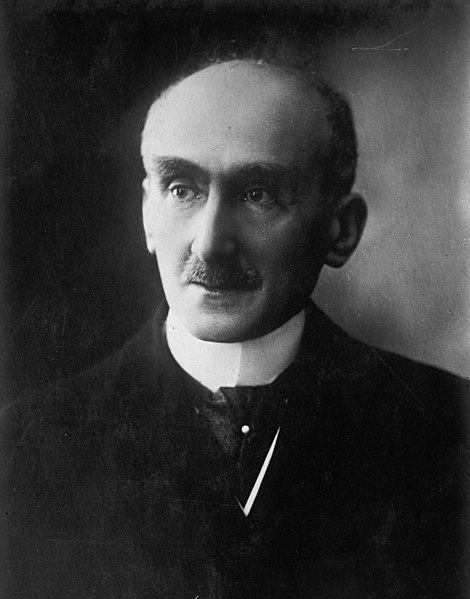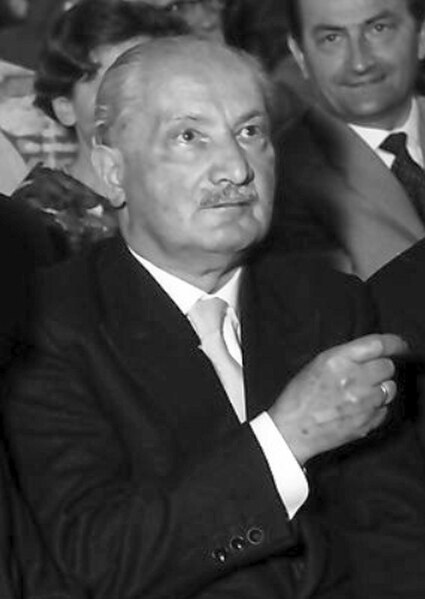Henri-Louis Bergson was a French philosopher, who was influential in the traditions of analytic philosophy and continental philosophy, especially during the first half of the 20th century until the Second World War, but also after 1966 when Gilles Deleuze published Le Bergsonisme. Bergson is known for his arguments that processes of immediate experience and intuition are more significant than abstract rationalism and science for understanding reality.
Bergson in 1927
Essai sur les données immédiates de la conscience (Dissertation, 1889)
Quid Aristoteles de loco senserit (Dissertation, 1889)
Bergson with his daughter, Jeanne, in 1917. Autochrome by Auguste Léon.
Continental philosophy is a term used to describe some philosophers and philosophical traditions that do not fall under the umbrella of analytic philosophy. However, there is no academic consensus on the definition of continental philosophy. Prior to the twentieth century, the term "continental" was used broadly to refer to philosophy from continental Europe. A different use of the term originated among English-speaking philosophers in the second half of the 20th century, who used it to refer to a range of thinkers and traditions outside the analytic movement. Continental philosophy includes German idealism, phenomenology, existentialism, hermeneutics, structuralism, post-structuralism, deconstruction, French feminism, psychoanalytic theory, and the critical theory of the Frankfurt School as well as branches of Freudian, Hegelian and Western Marxist views. There is widespread influence and debate between the analytic and continental traditions; some philosophers see the differences between the two traditions as being based on institutions, relationships, and ideology rather than anything of significant philosophical substance.

Henri Bergson
Martin Heidegger






